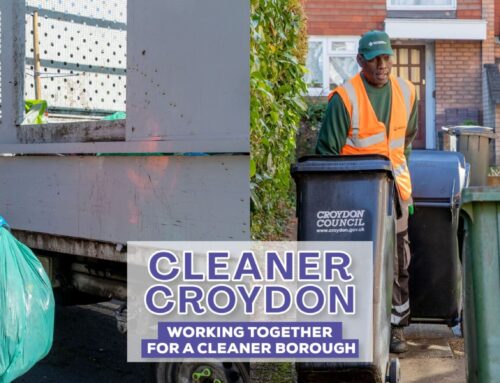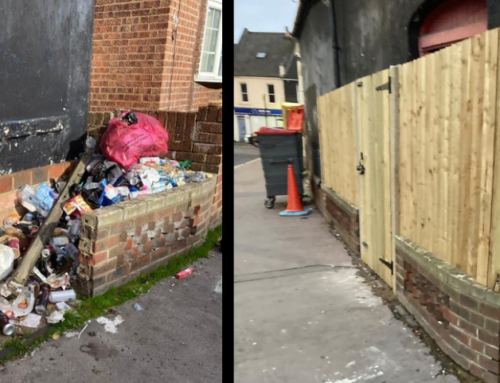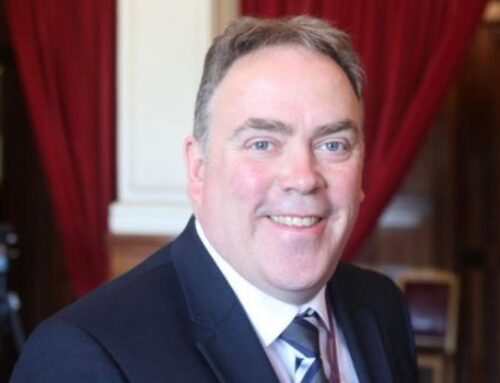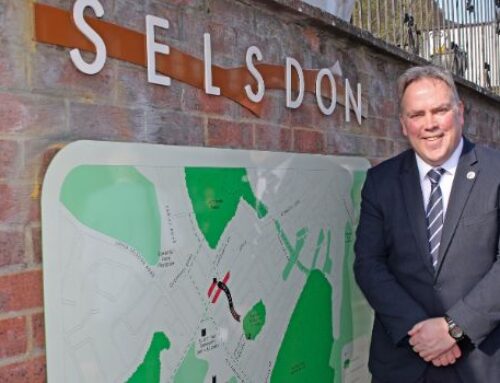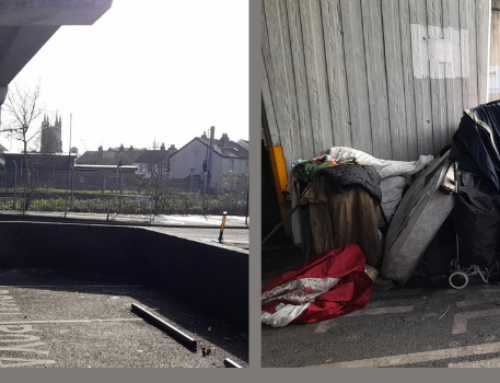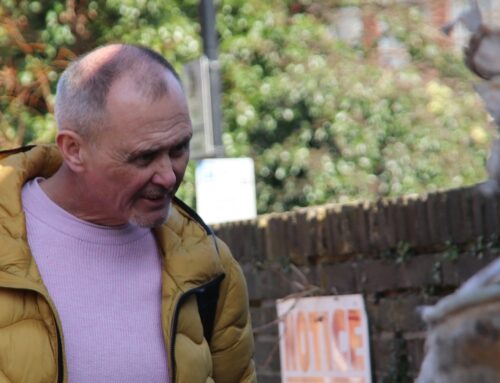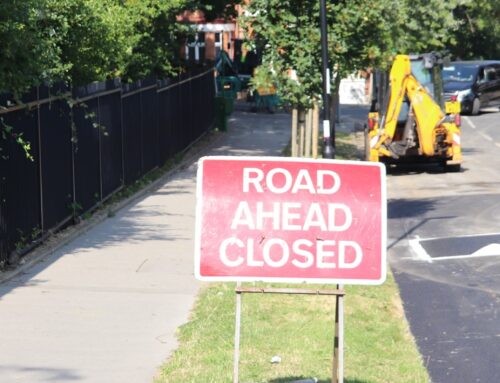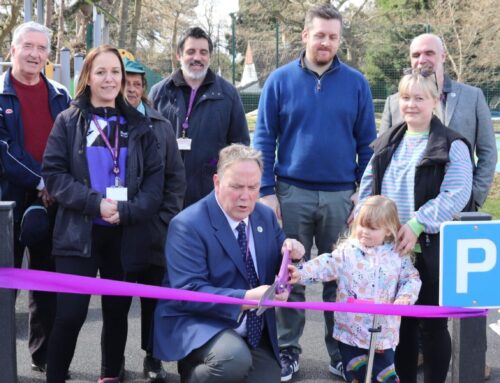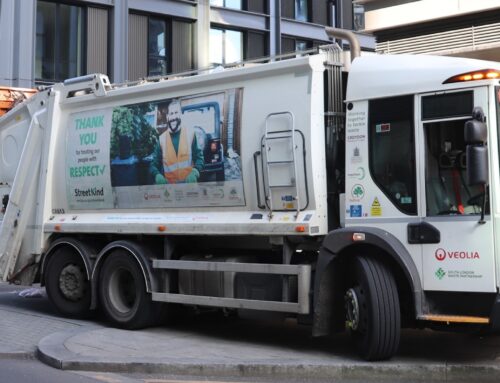Croydon is proposing a 2024/25 budget based on listening to residents, maintaining strong progress in fixing the council’s finances and becoming sustainable.
The 2024/25 budget plans would see the council continue to spend most of its budget protecting vulnerable children and adults – top priorities for residents in the recent budget survey.
Residents also supported seeking external funding for safer, cleaner streets and improving town centres. This is a continued focus for Croydon in 2024/25, starting with the provisional £18.5m Levelling Up Fund investment from government for Reconnected Croydon.
Croydon is proposing a council tax increase of 2.99%, together with a 2% increase in the adult social care precept, in line with the cap that the government has set for all London boroughs. This follows Mayor Perry’s commitment not to support any increase above the cap – an approach supported by 79% of budget survey respondents.
This means that, together with the proposed GLA precept for next year, there would be a total council tax increase of £2.45 a week for a Band D property in Croydon.
In the budget survey, 248 residents said they were concerned about council tax increases. The 2024/25 budget includes the continuation of the council tax support scheme for those in need.
Croydon continues to take robust action locally to tackle its serious financial challenges and address the legacy of historic financial and governance failings following the financial collapse of 2020.
The budget plans include £30m in savings for 2024/25 and an ongoing asset disposal programme that aims to deliver £200m of receipts from 2022-2026. The council will also invest in transformation, changing the way it provides services to become more efficient and provide residents with value for money.
In line with new government legislation the council will begin to charge council tax for homes that have been empty for at least a year, with this cost rising after five and 10 years.
Croydon’s £1.4bn debt burden means that even with these savings and robust financial management, the council will continue to need exceptional financial support from the government. Croydon’s debt servicing cost is £62m a year, which is 15% of its core spending power – far higher than the median figure for both England and the council’s nearest statistical neighbours.
The council has therefore requested a £38m capitalisation direction, or alternative form of assistance, from the government for 2024/25 to mitigate the pressure from its abnormally high annual debt servicing costs. Croydon continues to make the case with the government for a new, permanent solution for the council, that will address this £38m annual budget gap so that the council can become financially sustainable.
The budget proposals – published here – will be considered by the council’s scrutiny and overview committee on Monday 12 February, before going to the Executive Mayor for approval at cabinet on Wednesday 14 February. If approved, the budget goes to full council on 28 February for a decision.

“When I was elected in May 2022, I promised to maintain a relentless focus on fixing the council’s finances until we had Croydon back where it needs to be. We have made strong progress and this focus continues in our budget plans for next year.
“Local authorities are facing unprecedent challenges – from rising demand for services to inflation and cost of living pressures. In Croydon, these are compounded by the legacy of past mismanagement and the toxic debt burden. Despite all this, the council is tightly managing all the parts of its budget that are within its control.
“The dire financial situation I inherited means many challenges remain for our borough and while we are taking robust action locally, we need a new permanent solution. The cost of servicing the council’s extraordinary levels of debt leaves us with a £38m annual budget gap, which is just not fair on our taxpayers. I remain in dialogue with government regarding a new solution to address this situation.
“I also promised that I would listen to residents and, while the council’s financial situation means that there are limited choices, I am absolutely clear that residents’ priorities must shape how we deliver local services. Ultimately, we must spend less, and do less, but we are planning for our communities’ needs as we build on our progress in becoming a council that is sustainable and provides value for money.”
Jason Perry, Executive Mayor of Croydon


